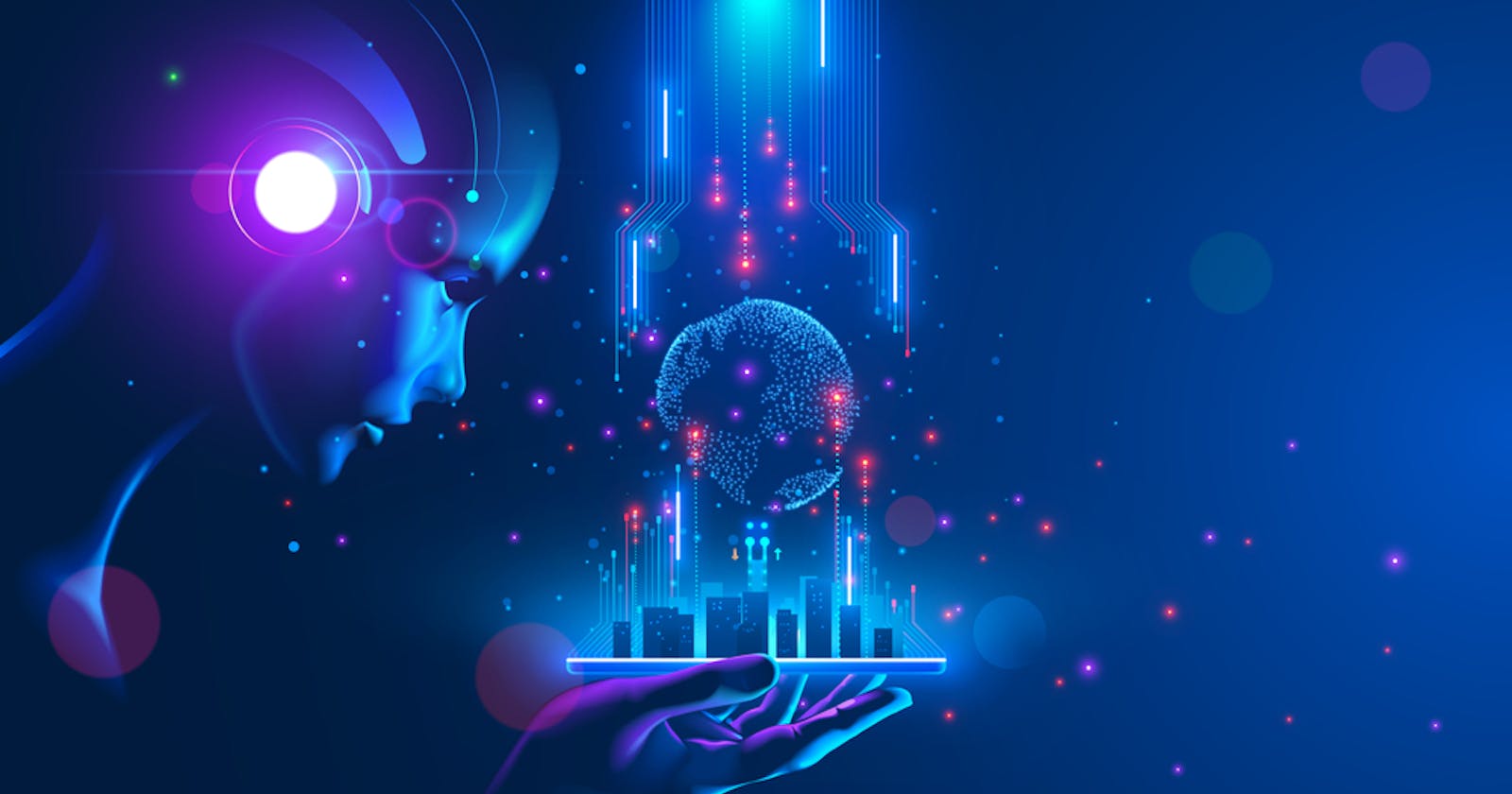Artificial intelligence (AI) has the potential to be both beneficial and dangerous for human lives, depending on how it is developed and used.
On the one hand, AI can be used to automate and optimize many processes, leading to increased efficiency and productivity. It can also be used to solve complex problems and make better decisions in various fields such as healthcare, finance, and transportation.
However, there are also concerns about the potential dangers of AI. One concern is that AI systems may become too powerful and uncontrollable, leading to unintended consequences or even harm to humans. For example, autonomous weapons systems could make decisions that result in harm to innocent people, or self-driving cars could malfunction and cause accidents.
Another concern is the potential for AI to be used for malicious purposes, such as cyber attacks or manipulation of information. AI-powered "deepfake" technology, for example, could be used to create convincing fake videos or audio recordings that could be used to spread misinformation or manipulate public opinion.
To address these concerns, it is important to develop AI in a responsible and ethical manner, with safeguards in place to prevent unintended consequences and potential harm to humans. This includes developing transparent and explainable AI systems, establishing ethical guidelines and standards for AI development and use, and promoting public awareness and understanding of AI.
There are a few reasons why you might want to be cautious about putting company data into an AI system:
Privacy and security concerns:
Company data often includes sensitive information such as customer details, financial records, and proprietary research. If this data falls into the wrong hands, it can be disastrous for the company and its stakeholders. AI systems can be vulnerable to cyber attacks, and storing sensitive data in them can increase the risk of data breaches.
Bias and discrimination:
AI systems learn from the data they are trained on, and if that data is biased or discriminatory, the AI system will perpetuate those biases. This can lead to unfair decisions, such as discrimination in hiring or lending practices.
Lack of transparency:
AI systems can be difficult to understand and interpret, making it hard to identify and correct errors or biases. This can lead to distrust in the system, especially if it is making decisions that impact people's lives.
Regulation and compliance:
Depending on the industry and location, there may be legal and regulatory requirements around how data can be used and stored. AI systems may not always be compliant with these requirements, leading to potential legal and financial risks for the company.
While AI can be a powerful tool for analyzing and making sense of large amounts of data, it's important to carefully consider the potential risks and drawbacks before deciding to store company data in an AI system.
